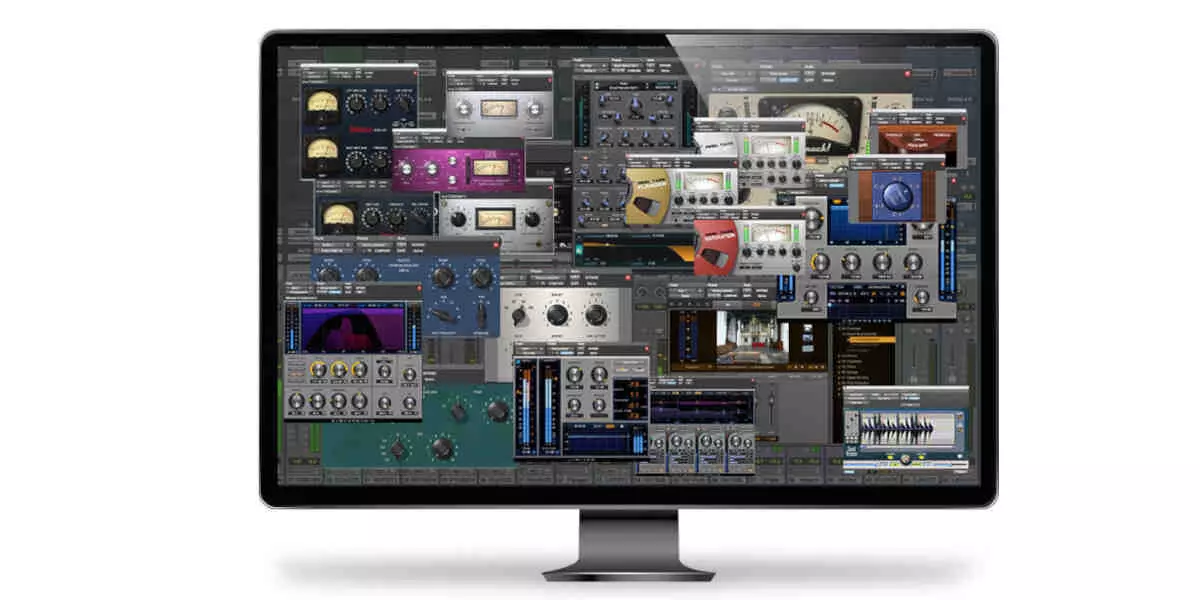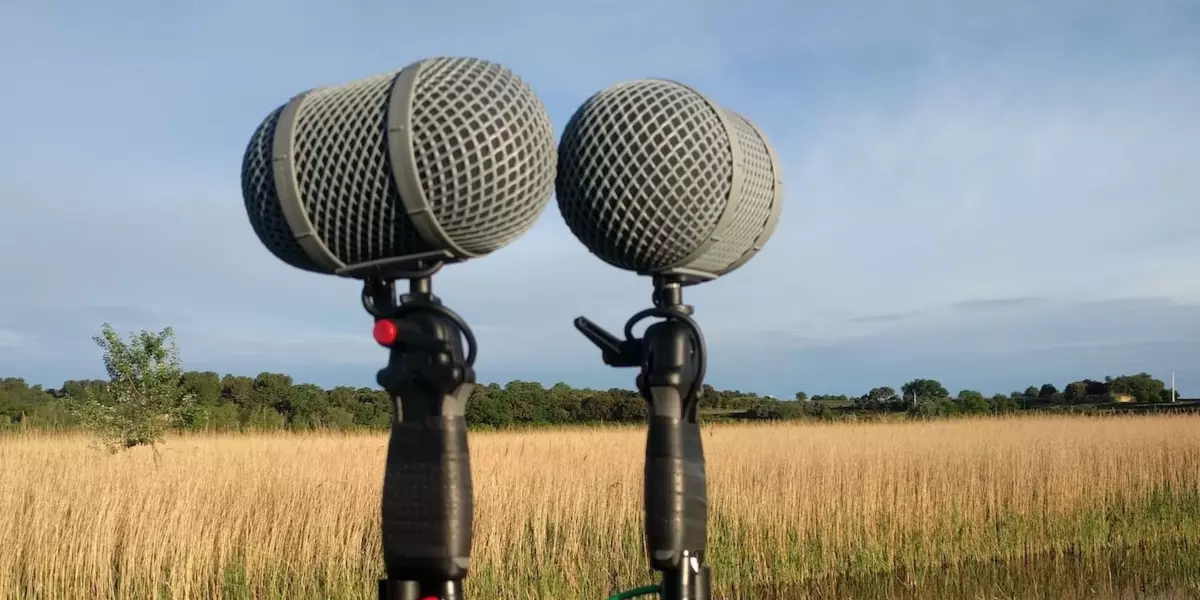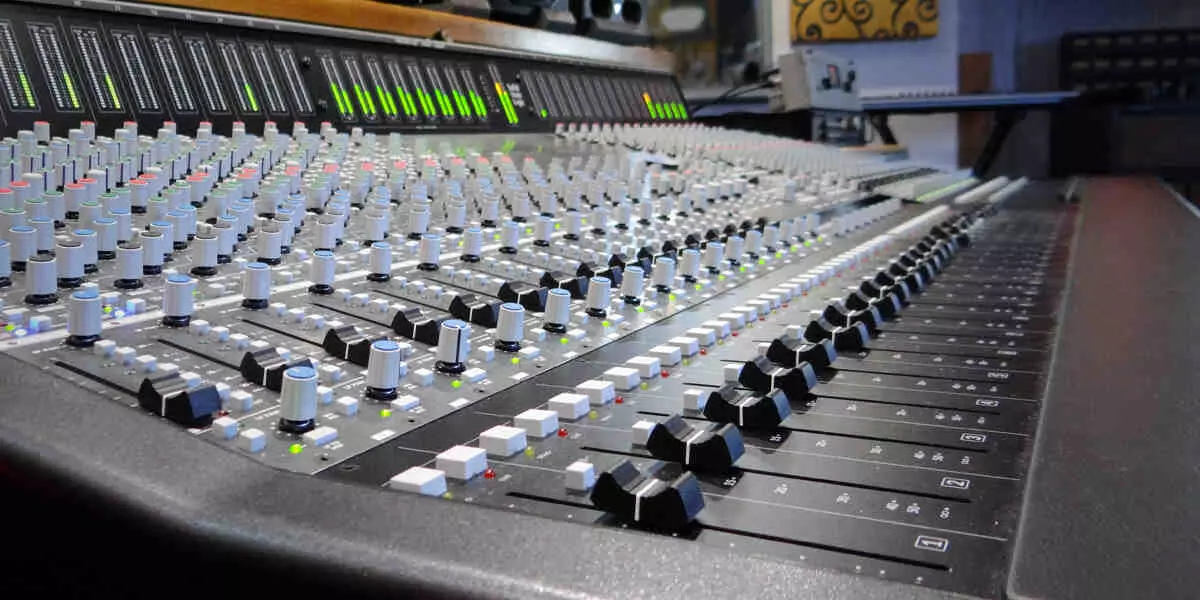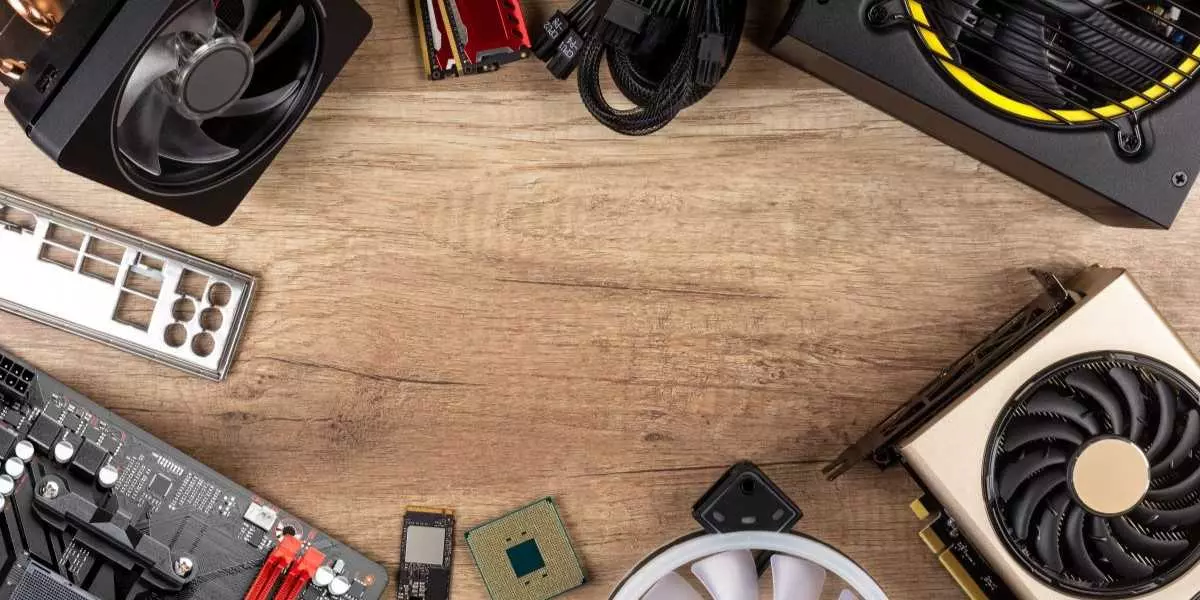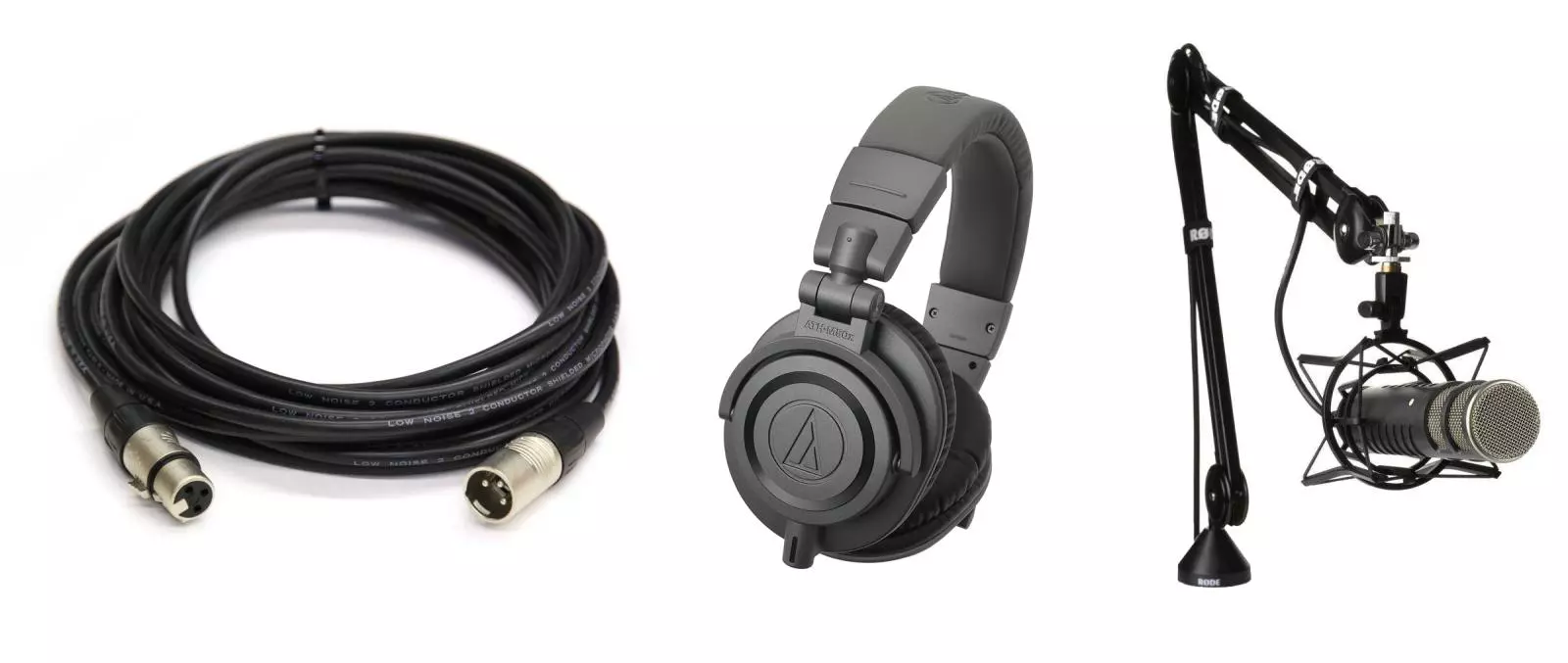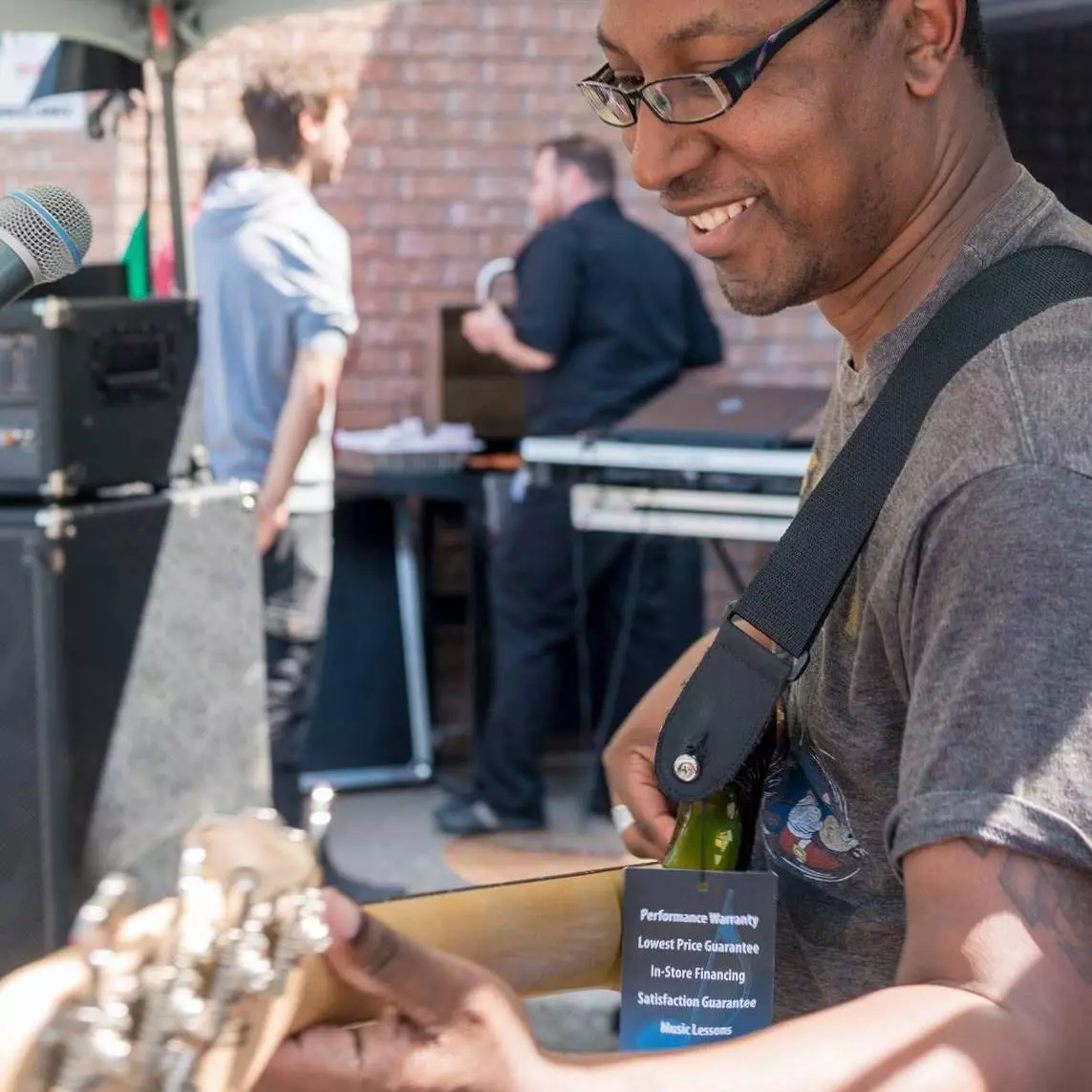How to Research Recording Gear
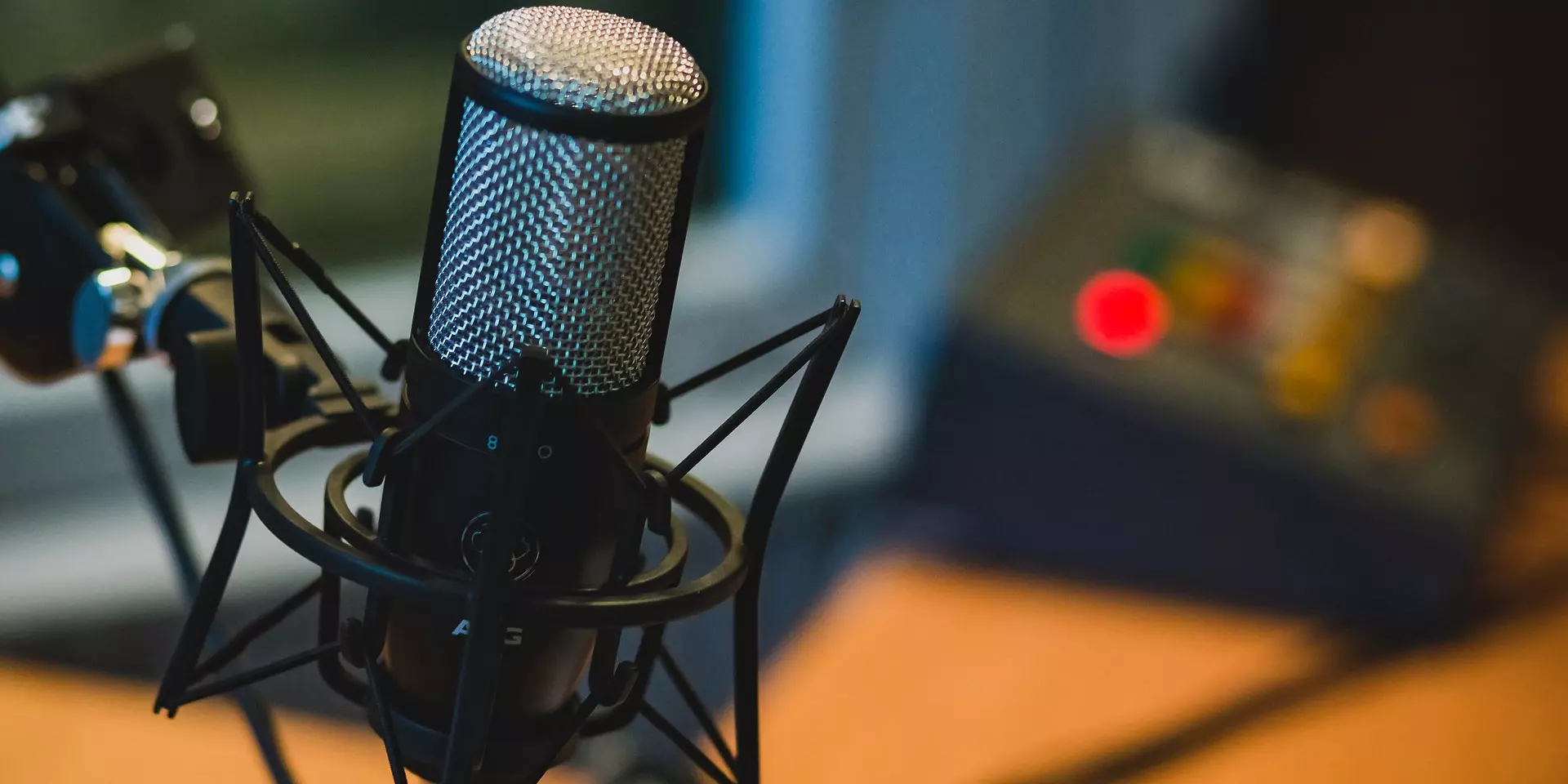
You’ve decided that you want to get into home recording; you’ve written a song, or you want to drop the next hot mixtape, and you think “Hey, I can do that. I can record!” You can, indeed! But where do you start?
The recording world is very, very vast; there are many brand names out there, every piece does something unique, and they’re all at varying price points; you know what you want to do, but you aren’t sure how to go about it. In the following paragraphs, I’m going to give you some pointers on how to research recording equipment so that you get the right stuff, and not just the good stuff.
Think about what you need, and not just what’s popular
I’m constantly fielding customer questions about some of the best gear that is out there. It’s not uncommon for someone new to recording to ask me about a Neumann U87 microphone, or a Universal Audio Apollo 8 interface. While those two products are excellent, they’re pricey, and likely not something that you need just yet. That’s why it’s important to think about gear in terms of what you want to do, and not just who uses it, or who manufactures it; in truth, many people have made big hits using gear that would be considered cheap or software that would be considered amateur.
We've got a variety of microphones and interfaces available at Long & McQuade!
Have a budget in mind
The next thing is to think about how much money you have to spend. You know that you’ll be needing a microphone and an interface, but you also have to think about the accessories needed to make everything work: a microphone cable, headphones (if you don’t want studio monitors right away), and a microphone stand at the very least. If you only have the money to spend on the interface, for example, you might be surprised when being asked about cables and other accessories, so be sure to include some extra money for those items. Think of it as buying a car: you have to buy the whole thing, not just the wheels or the engine.
Don't forget your accessories! Get microphone cables, headphones and/or studio monitors and microphone stands.
Ask for advice, but don’t lean too heavily on it
Knowing someone with first-hand experience is part of your deciding process, but you should always take personal opinion with a grain of salt. Perhaps that person you know is vehemently against the interface you want; they could be holding that opinion because of a negative experience. Or, a friend may try to tell you that this microphone isn’t as good as the one they have. Whatever the case may be, seek advice carefully. The same applies to online reviews; while helpful to identify any problems, they don’t always give you the big picture.
Look at several choices, and then make a decision
It’s always a good idea to narrow your choices down to two or three items, weigh their pros and cons (if any), and then decide. For example, two very popular 2-channel interfaces to look at would be the Steinberg UR22MKII ($199.99) and the Focusrite Scarlett 2i2MK2 ($209). Why choose one over the other? The Scarlett has an excellent reputation for its digital-to-analog/analog-to-digital converters and its microphone preamps, while the UR22MKII is designed to be compatible with nearly every recording program out there, including the highly-popular Pro Tools. You need to decide which one’s features are more attractive to you, and then go from there. Don’t just go for the first available thing; take your time.
The Steinberg UR22MKII and the Focusrite Scarlett 2i2MK2
Researching gear is just as important as the music that you want to make with it, so do as much of it as possible! We live in an age where information is literally at your fingertips, so make use of it. The staff at Long & McQuade are there to help, but it’s always better to come in with an idea rather than go in cold. Plant the seed, and we’ll help you water it. Before you know it, you’ll be making that hot mixtape in no time.
* * *
Omar Findlay is a musician and podcaster from Toronto, splitting his time between keyboards in Iman & The Wasted Lalas, bass guitar in Texas Dirty, and his podcast Omar's Odyssey on Mixcloud. He is a graduate of the Audio Engineering program at Toronto's Trebas Institute, and currently works at Long & McQuade Pro in Toronto.


